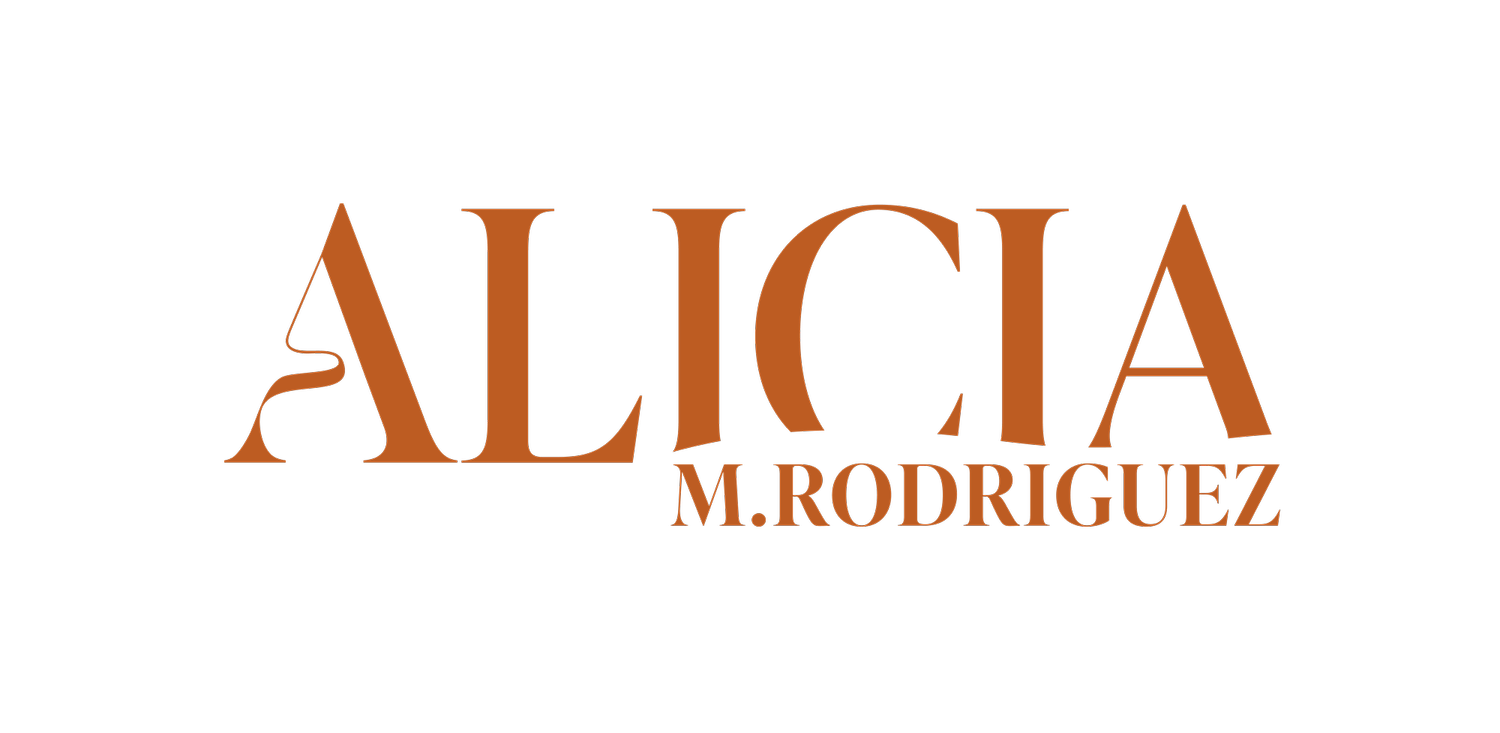The Quiet Revolution
There is a knowing within us that precedes thought—an inner clarity that speaks before our analytical mind constructs its careful arguments. I first recognized this voice when my external life appeared perfectly aligned with conventional success, yet something felt fundamentally misaligned. While colleagues congratulated me on recent achievements, an unmistakable whisper persisted: This isn't your path.
This inner guidance doesn't arrive as elaborate reasoning. It emerges as immediate recognition—a simple "yes" or "no" that surfaces before we've had time to weigh options or construct justifications. Unlike our calculating mind, this knowing doesn't negotiate or rationalize. It illuminates what's already true for us, whether or not we're prepared to acknowledge it.
We evolve continuously, rarely in predictable patterns. Our work transforms, relationships deepen or dissolve, and various catalysts—welcomed and unwelcome—periodically disrupt familiar patterns. The uncomfortable space between established identity and emerging self creates a particular disorientation, a threshold state where the maps we've relied upon no longer accurately represent the territory.
During these transitions, the pressure to choose the path of least resistance intensifies.
We're surrounded by voices urging caution, reminding us of sunk costs, and highlighting potential risks. The familiar—even when unsatisfying—exerts powerful gravity against change. "Later" becomes our default response to inner promptings. Later, when circumstances align. Later, when security seems guaranteed. Later, when significant others approve.
For many, this promised "later" never materializes. Dreams are postponed until they quietly expire, leaving behind a vague melancholy we can't quite name.
Last spring, I sat with a friend who had spent decades building a successful legal practice while quietly harboring creative aspirations. "I always thought I'd write after retirement," she confided. "But now that I'm here, I realize I've lost the connection to those stories I once carried. I waited until I had time, but I didn't understand I needed to nurture that voice all along."
Her reflection haunts me.
What voices within ourselves are we systematically silencing while waiting for perfect conditions? What aspects of our authentic nature are we postponing until some idealized future that may never arrive?
The path through transitions isn't always dramatic reinvention. Sometimes, it involves subtle recalibrations that honor emerging truth while respecting established commitments.
Here are practices I've found valuable during evolutionary thresholds:
Maintain modest momentum. During transitions, we often become paralyzed, contemplating sweeping changes. Instead, identify one small action you can take today that honors your emerging direction. Consistent small shifts ultimately create more sustainable transformation than occasional dramatic leaps.
Cultivate discerning support. Surround yourself with people who recognize your potential rather than reinforce your limitations. Be selective—not everyone who cares about you can hold space for your evolution. Seek companions who neither push nor restrain but witness your unfolding with clear-eyed compassion.
Externalize emerging vision. Create tangible representations of what you're moving toward—written descriptions, visual maps, and consistent practices. These anchors reconnect you to possibility when the gravitational pull of the familiar intensifies.
Align goals with essential values. Pursue objectives that resonate with what genuinely matters to you rather than what merely impresses others. When our external actions contradict our internal values, we experience a kind of exhaustion that no achievement can remedy.
Acknowledge incremental growth. We often dismiss meaningful progress because it doesn't match our idealized expectations. Create regular practices to recognize how you're evolving, especially in subtle ways that others might not perceive.
Eliminate unnecessary depletion. Identify what consistently drains your energy without providing a proportional return. Creating space often proves more valuable than adding more activities. What might become possible if you released one obligation that no longer serves your direction?
Practice compassionate presence. When plans falter or progress stalls, respond as you would to a beloved friend—with understanding rather than judgment. Sustainable evolution requires gentleness with our humanity rather than harsh expectations of linear progress.
Honor your complete journey. Your past experiences contain wisdom even as you release patterns that no longer serve. Transformation builds upon rather than erases what came before. What elements of your history might support rather than hinder your emerging direction?
Distinguish difficulty from suffering. Meaningful pursuits naturally include challenges but shouldn't consistently deplete your essential vitality. When do you experience the "good tired" following worthwhile engagement versus the emptiness accompanying misaligned effort?
Recognize hidden opportunities. When constrained by circumstances, ask: "What might be available here that wouldn't be accessible elsewhere?" Sometimes, our most significant growth emerges precisely from situations we would never have chosen.
Evolution occurs through both dramatic catalysts and quiet, persistent shifts. Whether change arrives suddenly or gradually, maintain clarity about what you're moving toward rather than focusing primarily on what you're leaving behind. The most profound transformations often begin not with external reinvention but with the simple courage to acknowledge what you already know to be true.
This doesn't mean impulsively abandoning commitments or responsibilities. It means bringing honest awareness to how you're investing your limited time and energy. It means recognizing that postponing alignment with your deeper knowing doesn't ultimately serve anyone—not yourself, not those who depend on you.
Consider this: What truth are you waiting for permission to acknowledge? What aspect of yourself awaits expression? What would become possible if you listened to the quiet revolution already underway within you?
This post is an excerpt from my new book, Everyday Epiphanies (2nd edition): Uncovering Wisdom in Ordinary Moments. Everyday Epiphanies is a series of essays that explore how we navigate transitions with authenticity, establish boundaries that deepen rather than diminish connection, and create meaning through intentional presence rather than endless seeking.
Ready to view your life as a gift?
These essays speak to anyone who senses possibilities beyond productivity metrics and achievement milestones—readers who are seeking not another self-improvement formula but a more authentic relationship with their own experience. It's an invitation to discover that the wisdom you've been searching for elsewhere has been waiting patiently in the ordinary moments of your extraordinary life.



